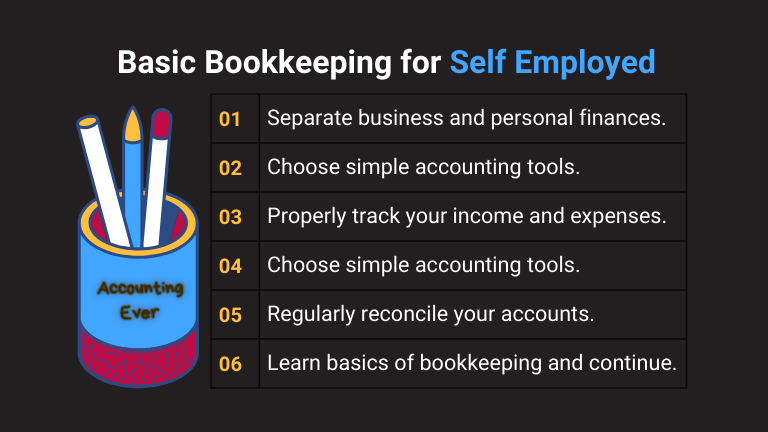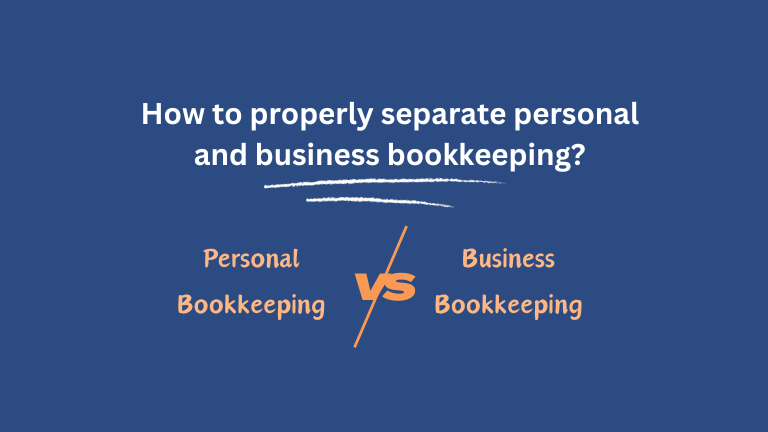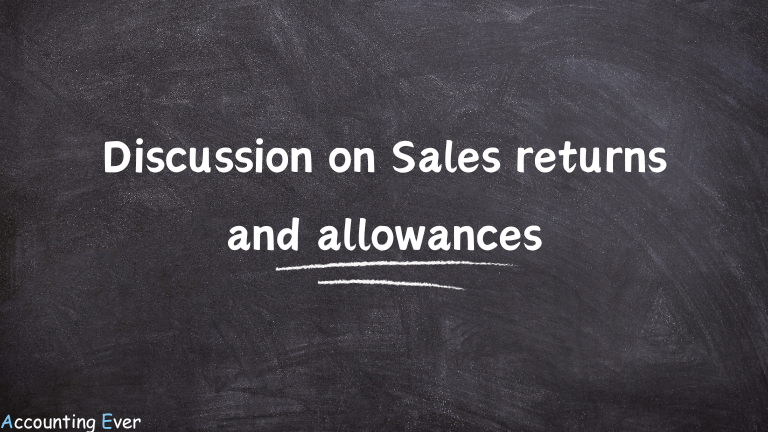Mastering eBay Bookkeeping: A Step-by-Step Guide on How to Do Bookkeeping for eBay Sellers

In the fast-paced world of online retail, eBay has emerged as a powerhouse platform for entrepreneurs to showcase their products to a global audience. As an eBay seller, managing your finances effectively is key to the success of your business.
In this comprehensive guide, we’ll walk you through the essential steps on how to do bookkeeping for eBay, ensuring that your financial records are accurate, organized, and tax-compliant.
Understanding the Basics of eBay Bookkeeping
1. Open a Dedicated Business Account:
To start off on the right foot, open a separate bank account exclusively for your eBay business transactions. This will help you keep personal and business finances distinct.
2. Utilize Business Accounting Software:
Invest in reliable accounting software such as QuickBooks or Xero. These tools are designed to streamline the bookkeeping process, making it easier to track income, expenses, and profits.
Tracking eBay Sales and Expenses
3. Record Every Transaction:
Keep a meticulous record of all eBay transactions, including sales, fees, and shipping costs. This detailed record will serve as a valuable reference for financial analysis and tax purposes.
4. Categorize Your Transactions:
Create specific categories for different types of transactions. For instance, categorize eBay fees, shipping costs, and product expenses separately. This level of detail will simplify your financial reporting
Managing eBay Fees
5. Monitor eBay Fees Regularly:
eBay charges various fees, including listing fees, final value fees, and subscription fees for certain seller tiers. Regularly review these fees to ensure they align with your expectations and budget
6. Factor in Shipping Costs:
Don’t forget to include shipping costs in your bookkeeping. Whether you offer free shipping or charge customers, accurate tracking of these expenses is crucial for determining your overall profitability.
Simplifying Tax Compliance
7. Set Aside Taxes:
As an eBay seller, you’re responsible for taxes on your profits. Set aside a portion of your earnings for taxes to avoid surprises at tax time. Consult with a tax professional to ensure compliance with regional tax regulations.
8. Understand eBay’s 1099-K Form:
eBay issues a 1099-K form for sellers who meet certain income thresholds. Familiarize yourself with this form, as it plays a crucial role in your annual tax reporting.
Streamlining Your Bookkeeping Process
9. Regularly Reconcile Your Accounts:
Schedule regular reconciliations of your eBay-related accounts to identify and address any discrepancies promptly.
10. Use Automation Features:
Leverage automation features within your accounting software to streamline repetitive tasks, such as data entry and categorization. This can save you time and reduce the risk of manual errors.
Bottom Line
Mastering bookkeeping for your eBay business is essential for long-term success. By implementing these strategies and staying proactive in your financial management, you’ll not only maintain accurate records but also position yourself for growth and prosperity in the competitive world of online selling. Start implementing these steps today to take control of your eBay finances and propel your business to new heights.



I have a question? I use quick books with my bank accounts but how do I add all the sales, shipping transactions from eBay. I’ve just been reporting the proceeds in my bank account from eBay less my expenses, since that’s what eBay pays me. Why do I have to record each sale especially when they also collect all the sales tax and remit. Please either explain why I have to do all that detail or how do I import it into quickbooks without it double reporting what comes in and out of my bank account. No article seems to explain exactly how to get the eBay calculations into my bookkeeping accurately. Thanks 🙏